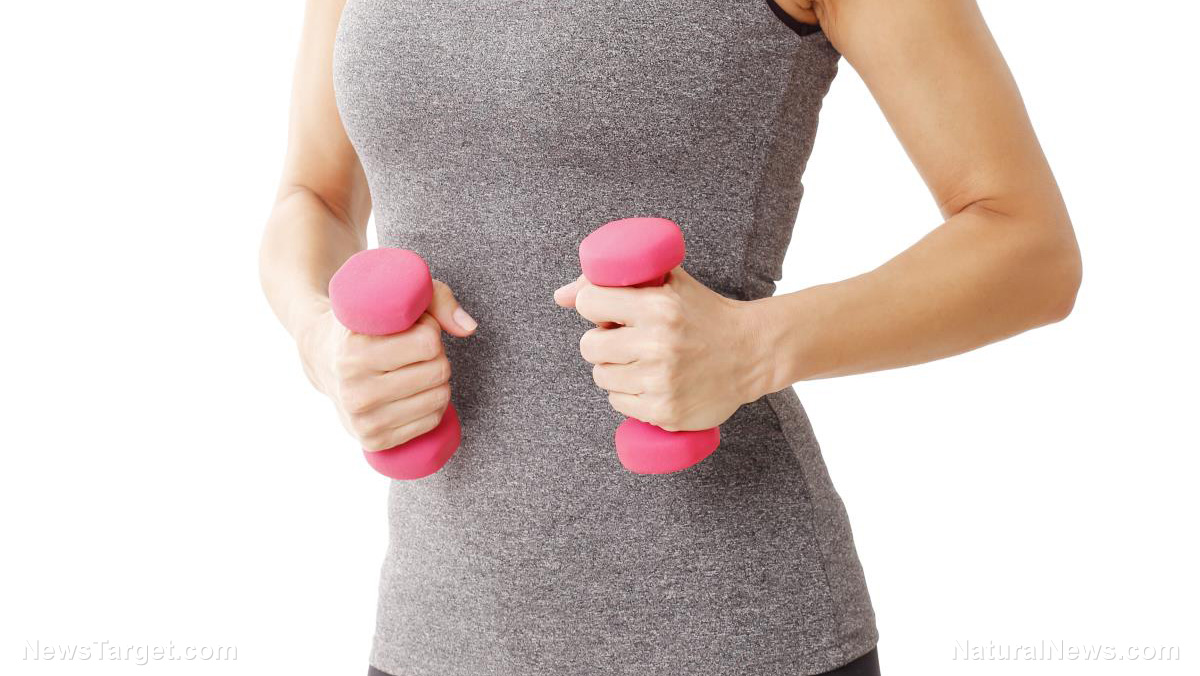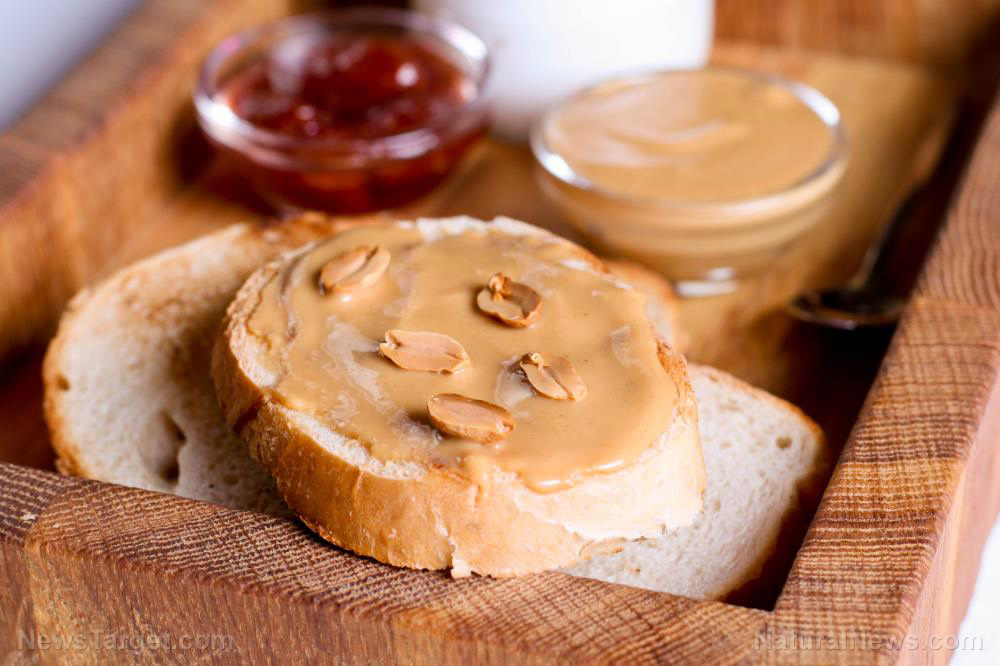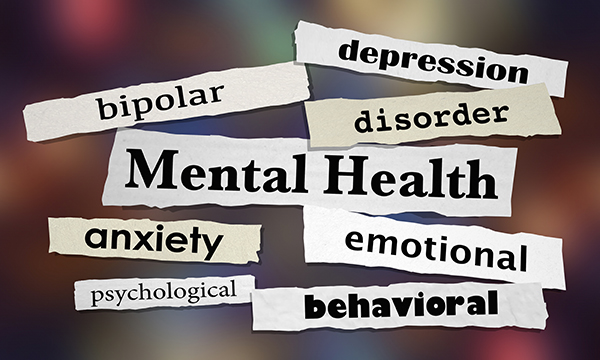 Parler
Parler Gab
Gab
- Resistance training can improve your gut microbiome.
- High strength gains correlate with beneficial gut bacteria changes.
- These bacteria produce butyrate, which protects the gut lining.
- A healthy gut lining prevents inflammation and chronic issues.
- This highlights a natural, non-pharmaceutical path to better health.
Strength gains and bacterial shifts
The results revealed an intriguing pattern. After the eight-week program, most participants showed no significant changes in their gut microbiome composition. However, the most fascinating findings emerged when researchers looked at the participants who gained the most strength. They divided the group into "high responders," the top 20 percent who increased their strength by more than 33 percent on average, and "low responders," who saw gains of less than 12.2 percent. It was the high responders who showed unique, beneficial changes in their gut bacteria that the others did not. Specifically, these high responders showed increases in 16 types of bacteria and decreases in 11 others. Two bacteria in particular stood out: Faecalibacterium and Roseburia hominis. Both of these microbes are known for producing a vital substance called butyrate.The power of natural byproducts
Butyrate is a short-chain fatty acid that serves multiple essential purposes in the body. It provides energy and helps maintain a healthy gut lining. A strong gut lining acts as a critical barrier, preventing harmful bacteria and toxins from leaking into the bloodstream, a common source of inflammation and chronic health issues. This research not only underscores the significance of gut health but also challenges traditional institutions that have long overlooked or disregarded alternative methods of improving physical performance and overall well-being. It points to the body’s innate ability to heal and optimize itself when supported with natural practices like exercise. The study’s authors caution that the findings, published as a preprint on bioRxiv, have not yet undergone the formal peer-review process. Therefore, they should be considered preliminary. The research also cannot prove whether the bacterial changes caused the strength gains or if getting stronger caused the bacterial shifts. It is tempting to label certain bacteria as "good" or "bad," but the reality is not that simple. Throughout the study, some bacteria typically associated with good health decreased, while others previously linked to poor health increased. This highlights an important point: everyone’s microbiome is unique. Despite the complexities, the central message is empowering. This study has the potential to add to growing evidence that our lifestyle choices, including how much we move, can influence the microscopic world living inside us. The connection between disciplined physical training and the unseen ecosystem within our guts is a powerful reminder that the most effective health solutions are often non-pharmaceutical, readily available, and under our direct control. Sources for this article include: StudyFinds.org BioRxiv.org Independent.co.uk“The Guide to Healthy Eating” exposes the hidden dangers of refined carbs
By Belle Carter // Share
“Regenesis” on BrightU: 5G, GMOs and the detox they never taught you
By Jacob Thomas // Share
The science behind olive oil’s top 10 health benefits
By News Editors // Share
Early peanut exposure cuts allergy rates by 40%, study confirms
By Willow Tohi // Share
Finnish study finds MENTAL HEALTH DISORDERS may spread among teen peer groups
By Evangelyn Rodriguez // Share
Toxic legacy: How wildfires poison drinking water for years
By Willow Tohi // Share
Governments continue to obscure COVID-19 vaccine data amid rising concerns over excess deaths
By patricklewis // Share
Tech giant Microsoft backs EXTINCTION with its support of carbon capture programs
By ramontomeydw // Share
Germany to resume arms exports to Israel despite repeated ceasefire violations
By isabelle // Share










